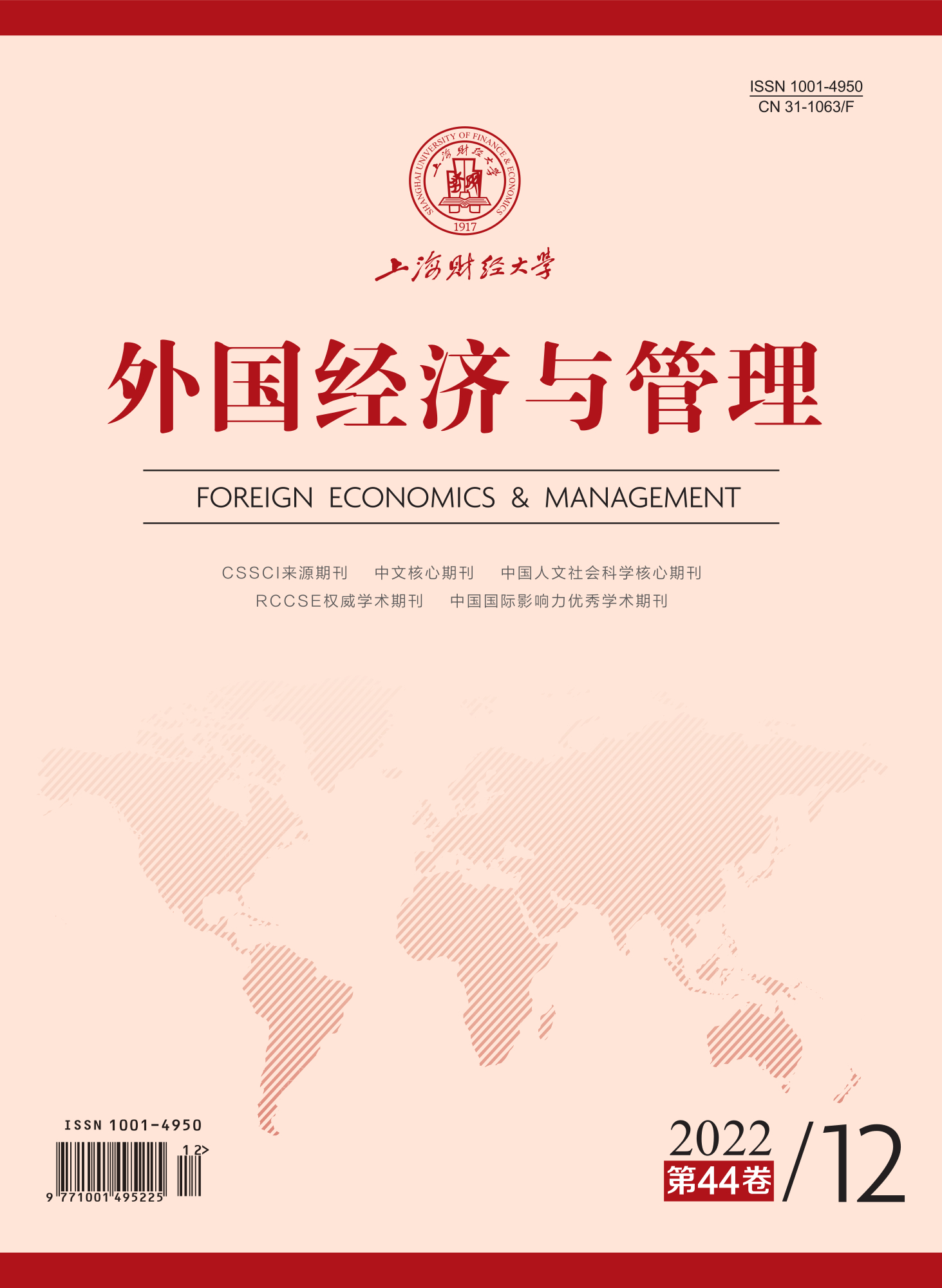Since the 18th CPC National Congress, the government has paid more and more attention to the Party building of social organizations. Under the background that almost all the social organizations have established grassroots Party organizations which play an important role, whether Party organization construction can enhance the revenues of social organizations is a theoretical and practical problem worthy of in-depth study.
Based on the revenues of social organizations, from the perspectives of the establishment of Party organizations, the type of Party organizations, the cross appointment of Party organization secretaries, the participation of Party organization secretaries in internal governance and the development of Party organization activities, this paper chooses the foundation in China as the research object and empirically discusses the enabling effect of Party organization construction on social organizations. This paper describes and analyzes the sample data of 2139 foundations, and applies the Tobit model to empirically test the relationship and mechanism between Party organization construction and fund-raising income. The results show that: (1) From the macro level, it is found that Party organization construction has significantly increased the revenues of foundations. The degree of impact is government subsidy income > donation income > profit income. (2) From the micro level, it is further found that Party organizations improve the revenues through the mediate path of the participation of Party organizations in the governance of foundations. After the establishment of Party organizations, the revenues of foundations will be affected by the type of Party organizations, the cross appointment of Party organization secretaries, the participation of Party organization secretaries in internal governance and the development of Party organization activities. (3) Heterogeneity analysis shows that, the foundations of charitable organizations and public funds strengthen the effect of Party organization construction on the revenues. However, compared with foundations with the title of charity organization and public-raising foundations, Party organization construction has a stronger role in promoting social donation revenues and profit-making revenues to foundations without the title of charity organization and non-public-raising foundations.
Existing literature mainly discusses the positive role of Party organization construction and various aspects of enterprises. Different from that, this paper reveals the effect of Party organization construction empowering social organizations, and enriches and expands the factors that influence social organization resource-mobilization. The relevant conclusions lay a certain theoretical foundation for improving the revenue channels of social organizations and strengthening Party organization construction. At the same time, this paper has important policy implications for how to effectively promote “Party organization construction leading the healthy development of social organizations” in the post-epidemic era.





 4850
4850  4133
4133

